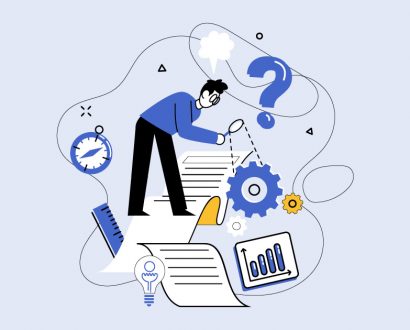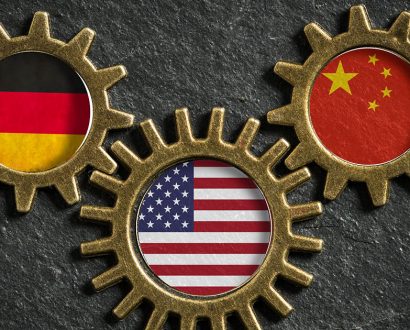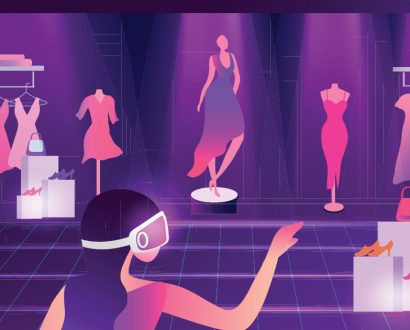Businesses are facing a series of challenging macro trends as they work to transform into intelligent and connected enterprises, from the ever-present threat of cyber-attacks, to changing modes of work, new information privacy and regulatory environments, and concerns of trade warfare.
Throughout, digital technology continues to alter the nature of commerce, work, society, privacy, and security. However, arguably the biggest change affecting businesses is the generational shift required to meet the new demands of a millennial workforce.
By 2025, millennials, or ‘digital natives’, will make up 75% of the workforce. Many Gen X’ers and/or Baby Boomers share the same values as millennials – in that we all prefer jobs with meaning and purpose, and we too are invested in a steep career trajectory at a young age. We also want to be noticed and recognised for our achievements. However, the big difference lies in how millennials communicate.
The millennial generation select different channels to communicate, they demand well-organised training, and they want to be able to use the same technology at work as they do at home.
In leading a large sales team across Asia Pacific, I see the impact of this change every day. Millennials are the first truly digital natives, and this alone puts them steps ahead of any generation before them. They live and think differently, share more about themselves, and are familiar with direct feedback.
Thanks to millennials, we’ve also witnessed more open collaboration, decentralised decision-making, flexible workplaces and working hours, and an increased focus on work-life balance.
I disagree with the claim that millennials have hurt the workforce. In fact, the shake-up that they have bought with them is exactly what businesses have needed to help transform their operations with a focus on digital-first.
Virtually everything has changed in business in the last 20 years. It’s time that workplace culture did the same. If more enterprises can recognise this, it will be an easier path to an engaged workforce and a more promising future for all.
Millennial vs. machine – who will lead the modern workforce?
Many individuals view the impact of disruptive technologies like automation and artificial intelligence (AI) in the workplace with trepidation. This was affirmed in a recent OpenText survey, which revealed the majority of Australians remain cautious or unaware of the opportunities provided by AI in their daily lives; only 1 in 5 respondents or 18% were aware of having been in contact with a form of AI in the last 12 months. In fact, only 21% said they are excited about the technology, and 19% stated that AI makes them nervous.
But there’s one generation that’s bucking the trend and driving the rapid adoption of these changes: millennials. The same tech-savvy generation (now aged 21-37) value the attributes that automation and technologies like AI promise to deliver: increased efficiency, transparency, work-life balance, and the ability to focus on meaningful, value-added work, among other benefits.
As a result, 39% said that they’re more willing to work alongside robots and 25% would encourage their employer to leverage robotisation if it meant a reduction in their day-to-day admin tasks, the survey revealed.
According to the Deloitte Millennial Survey 2018, over half of respondents believe automation technologies will spur economic growth, and 62% say they will improve overall productivity.
However, this generation’s concerns lie in their level of preparedness for Industry 4.0. The survey found that many worried they lacked the interpersonal skills, confidence and ethical behaviour for the fourth industrial revolution – all of which they consider to be essential for a business to be successful.
Millennials, and every generation for that matter, want businesses to take a lead role in readying the workforce for Industry 4.0. As business leaders, we must ensure we’re offering training and upskilling opportunities – with buy-in from our teams as to the areas which would be most of use.
It’s clear that workplace dynamics are in a period flux. Businesses are exploring new technologies, as encouraged and demanded by the millennial workforce.
Meanwhile, companies have to contend with up to four different generations in the same workforce and deliver opportunities for ongoing upskilling and cross-generational skilling to drive employee retention and optimum results.
Those that embrace these changing times and engage their entire team in the process will be best placed to ride the waves of transformation, and the changing face of business in the digital world.







